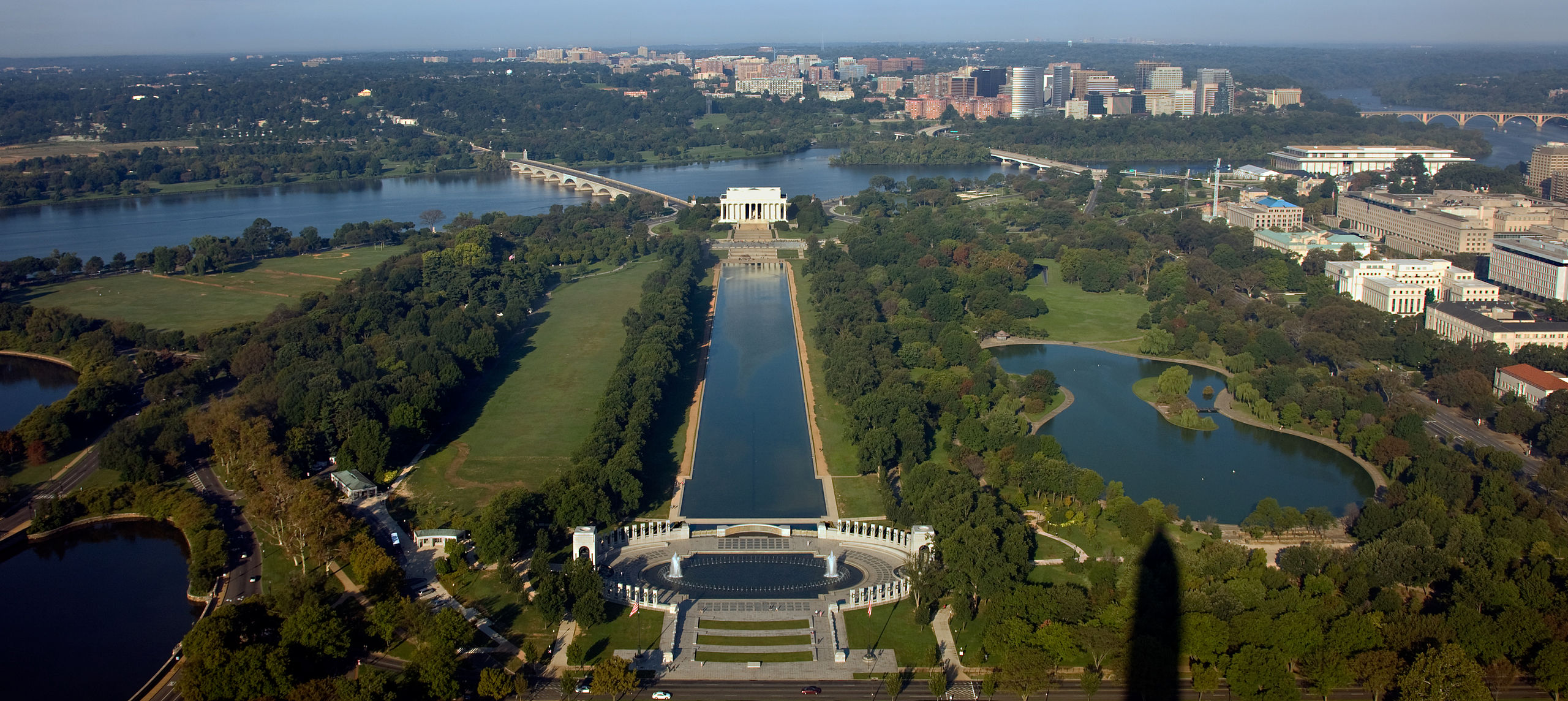The 35-day government shutdown, the longest in U.S. history, threw D.C. residents into the national spotlight, but also brought an unintended consequence for statehood advocates. Washington City Paper argued that local and national news coverage of the shutdown inaccurately portrayed D.C. as solely a government town, populated entirely by transient federal employees, promoting an incomplete narrative about the lives of D.C. residents. In reality, 700,000 people living in D.C. were both impacted by the shutdown and are consistently denied the rights of statehood.
Congresswoman Eleanor Holmes Norton (D-D.C.), is the District’s non-voting delegate to the U.S. House of Representatives, whose powers are vastly limited compared to state congresspeople. On Jan. 3, she introduced a new bill for D.C. statehood (H.R.51), which currently has 189 cosponsors, the most ever on a legislative proposal for D.C. statehood. This editorial board strongly supports this bill.
The District faces numerous challenges due to its lack of statehood. D.C. already exceeds the populations of both Wyoming and Vermont, and will soon exceed the populations of Alaska and North Dakota. Yet, unlike people living in these four states, D.C. residents are denied voting representation in Congress. This disenfranchisement means that D.C. residents pay federal taxes without any real say within the bodies that make decisions that will directly affect them, leading to the phrase “Taxation Without Representation” on many license plates in the District. For years, the D.C. Metro has suffered from poor service and safety issues, one major reason being that it is the only subway system in the country without a tax or dedicated funding source. While Virginia and Maryland can both rely on state transportation funds to support their share of the subway, D.C. cannot. Finally, local laws should be created by people from D.C., rather than politicians who mostly lack any connection to or experience with the area. This injustice is compounded by the fact that 75.8 percent of registered voters in D.C. are Democrats, yet that percentage is not reflected in the Congressional subcommittees that oversee their budget and laws, lending to undue Republican influence on the District.
But the issue of statehood is not confined to D.C. alone. The U.S. currently controls five permanently inhabited territories: Puerto Rico, American Samoa, Guam, the Northern Mariana Islands, and the U.S. Virgin Islands. Many of these territories have high concentrations of military veterans, yet receive some of the lowest rates of Veterans Affairs funding per capita due to the territories’ secondary status to states. Without representation in Congress, there is little political gain for voting politicians in Congress to advocate for these territories. In 2017, Hurricane Maria devastated Puerto Rico, resulting in a widespread humanitarian crisis largely caused by the U.S.’s apathetic response. This tragedy highlights the need for the federal government to take the concerns and safety of people living in the U.S. territories seriously. On the day before the one-year anniversary of Hurricane Maria, Puerto Rico Governor Ricardo Rosselló sent a letter to Trump asking him to allow Puerto Rico to become the 51st state.The president refused. As lives and safety are at stake, the U.S. needs to give its territories the opportunity to have robust representation in Congress and engage with issues of statehood or separation.
As Georgetown University students, and therefore as members of the D.C. community, we have a responsibility to engage with these pertinent local issues. This editorial board encourages students to become informed advocates for statehood in the District; for example, students can attend events like Statehood Lobby Day on Feb. 27, which is an opportunity to meet with elected officials and discuss the impacts of inequality on D.C. residents.
Beyond voter disenfranchisement and representation, the U.S. system of statehood and territorial possessions remains a reflection of our country’s colonialist history and refusal to move past these outdated, harmful systems. This country needs to respect the rights and wills of all its citizens, and provide statehood status to any territory that is calling for it. Debates over statehood and territorialism raise crucial issues about equal rights and representation that should not be ignored.
This post has been updated to reflect that D.C. will soon exceed the population of Alaska, not Arkansas as previously written.




